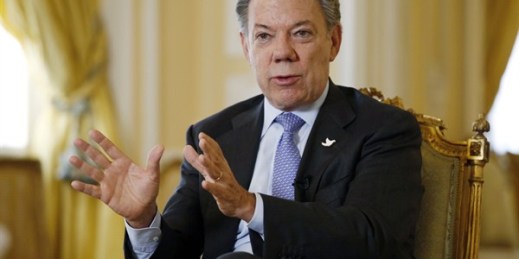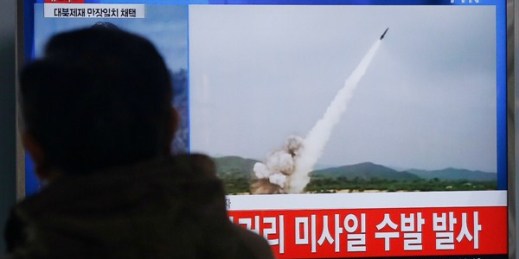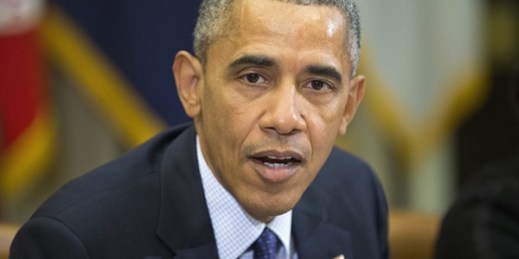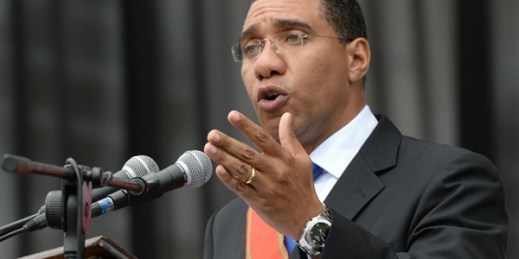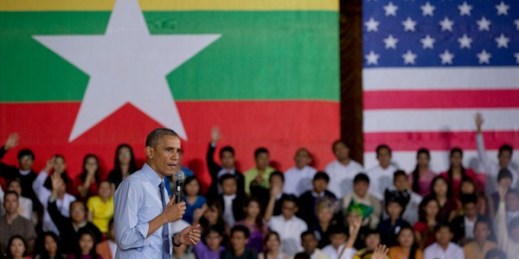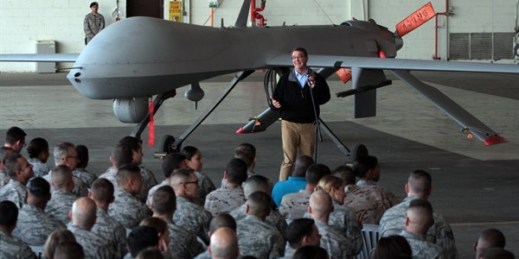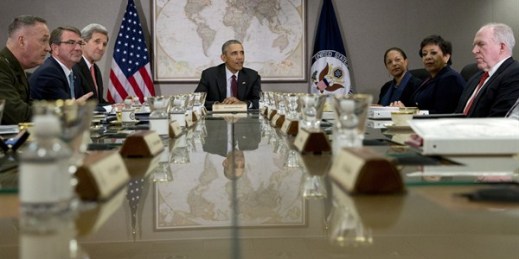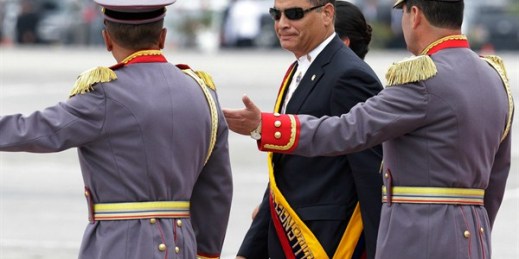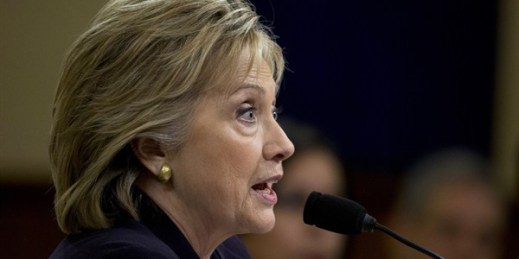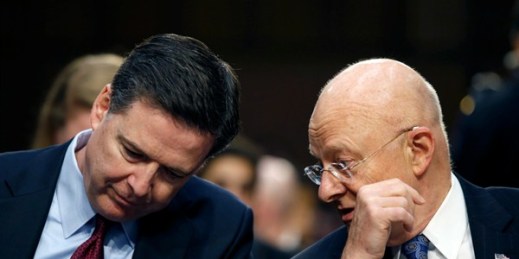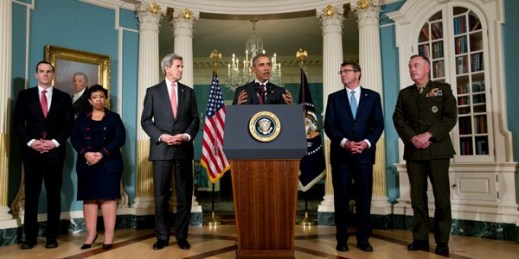
In last week’s column, I discussed two of the four enduring challenges that American strategists face: unrealistic expectations and a ponderous system for strategy formulation. This week’s column will take a look at the other two: the American public’s deep belief in “silver bullets,” and impatience. The American public’s trust in the idea of “silver bullets,” or the existence of a single solution to a complex problem, reflects the ingrained optimism of the American national culture. As children Americans are told that they “can be anything they want” if they try hard enough. While this kind of optimism is demonstrably […]

